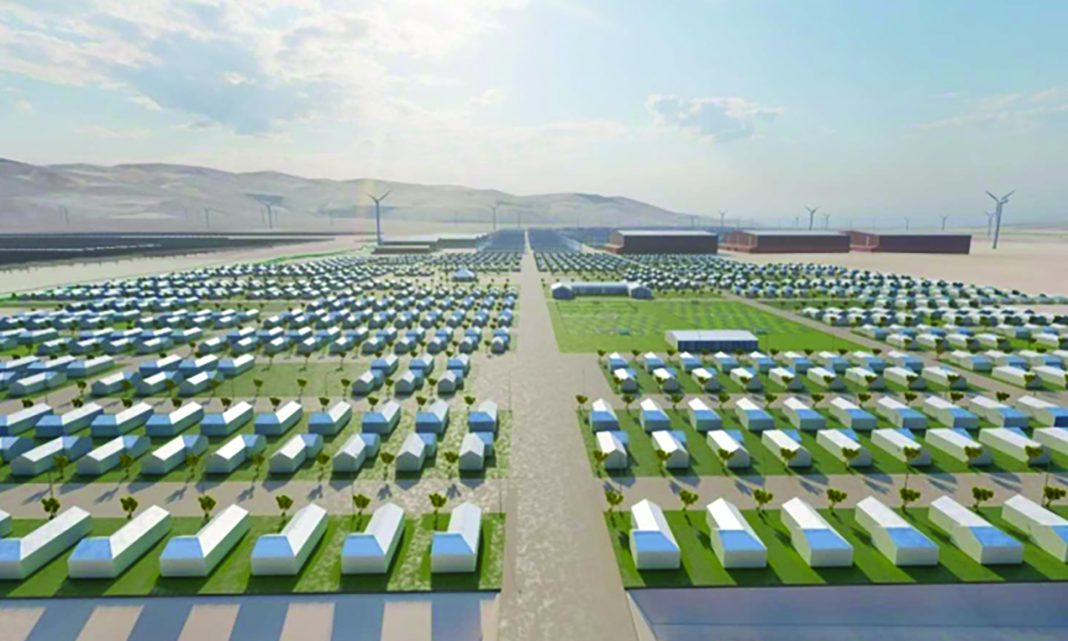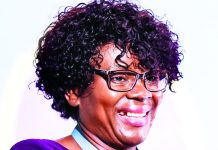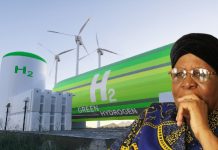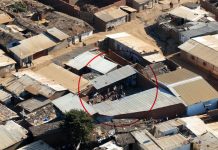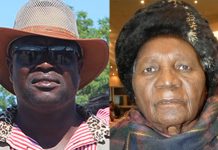By Timo Shihepo
19 November 2024
German govt demands answers and considers terminating funding
Namibia’s Dâures Green Hydrogen project is asking the German government for more funds after spending N$232 million to set up the country’s green hydrogen village project.
The German government is now allegedly considering terminating its support of the project, potentially forcing it to seek funding from the Namibian government.
The Dâures Green Hydrogen Consortium is run by Enersense Energy Namibia, which holds a 90% stake.
The consortium wants to create Africa’s first ‘green village’, a model community showcasing hydrogen as a practical energy source.
The project planned to start with the small-scale production of green hydrogen and ammonia as fertiliser, before expanding to industrial levels for local and export markets.
So far, the company has spent N$232 million.
Initially, the consortium aimed to produce tomatoes, carrots, ammonia, and green hydrogen by March this year.
When this deadline passed, a revised target of June was set, followed by a further extension to September.
However, as of November 2024, the project remains incomplete with no clear roadmap going forward.
The consortium is now seeking additional funding to proceed, but its primary funder, the German government, is first seeking answers on how the initial N$220 million was spent.
An additional N$12 million proved insufficient for the consortium to complete phase one of the project, located in the mountainous desert landscape of the Dâures constituency, 140km from Henties Bay.
The Namibian understands that the consortium wrote to Germany’s ministry of education and research (BMBF) three months ago, asking for an additional N$3.1 million to proceed with the project.
Both the BMBF and the consortium this month confirmed the request.
“The BMBF has been informed that additional funding not previously committed would be required to conclude the first phase of the project. Part of the required additional funds have already been spent,” BMBF spokesperson Bettina Böhm told The Namibian last week.
The BMBF now wants a detailed breakdown of how the N$232 million was spent.
“The BMBF has asked the Dâures Green Hydrogen Village project to submit a project plan for the successful conclusion of the first phase, which includes an estimate of the minimum additional funding requirement, broken down by cost type,” Böhm said.

MORE DEMANDS
The BMBF is allegedly now considering withdrawing its support for the project, a situation that could require the consortium to go seek funding from the Namibian government.
If successful, this move could contradict the stance of green hydrogen commissioner James Mnyupe, who has previously insisted that public funds would not be allocated to such projects.
“The BMBF has since asked the Dâures Green Hydrogen Village project to submit a list of potential private and public funders who will commit to investing in the project so that the project can continue after the first phase,” Böhm said.
Furthermore, the BMBF has requested a business plan that outlines how revenue will be generated independently after the conclusion of phase one to bridge the gap until these funders become actively involved in three to five years.
“If the Dâures Green Hydrogen Village project submits these documents fully and to the satisfaction of the BMBF and the Namibian government, the BMBF will consider the possibility of providing additional funding,” she said.
Böhm said German government-funded pilot projects are obliged to provide regular written updates about the project’s progress and results.
Dâures Green Hydrogen Consortium chief executive Jerome Namaseb has confirmed the need for additional funds.
“The initial funding request was N$15.1 million. The project received a budgetary reduction to N$12 million.
The project attempted to absorb this budgetary reduction, however, this was unfortunately not feasible,” he says.
Namaseb says the initial allocation to the project did not make provision for operations, and the request intends to help ensure the facility reaches self-sufficiency.
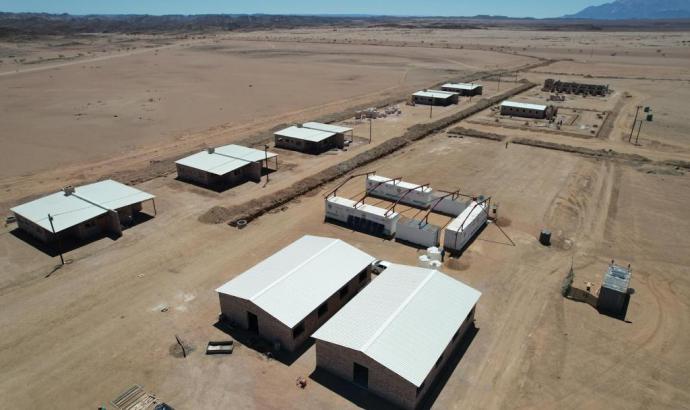
“It is worth noting that there are stringent measures put in place for payments where these are processed on a progress payment basis on completion of work, subject to verification by the awarding institution,” he says.
“In a nutshell, there is no payment if work is not done,” Namaseb says.
He says the pilot project is complex and is aiming to demonstrate the ability to produce green hydrogen locally – a first of its kind in Africa.
“Our in-house financial and procurement controls involve the request for public tenders from service providers which were run and adjudicated by the consulting engineers on the project.”
He says all these controls have been put in place to ensure project funds are utilised for their intended purpose.
Namaseb says they are currently engaged in discussions with the awarding institution regarding the future funding and operationalisation of the project.
“We will thus only pronounce ourselves on this matter once those discussions have reached a logical conclusion, but we remain optimistic that we will reach a mutually beneficial solution,” he says.
The Southern African Science Service Centre for Climate Change and Adaptive Land Management (Sasscal) this week said the consortium has been granted an extension until 31 December to complete the project’s milestones as agreed.
Sasscal manages green hydrogen grant projects in Namibia.
Sasscal executive director Jane Olwoch says project objectives have been reached on time thus far.
“However, timely completion has been affected by the delay in the supply and delivery of the electrolyser system, which was caused by the general lead time for delivery being experienced world-wide by the overall equipment manufacturers,” she said.
Olwoch said key accomplishments have been achieved, such as the installation of essential infrastructure like water treatment systems, and the construction of staff housing and research facilities. She said the off-grid village is now fully electrified thanks to commissioned power generation and storage.
Olwoch said agricultural initiatives, such as the greenhouse and nursery, are nearing completion, and initial planting has begun.
“Additionally, three research wind turbines and two meteorological masts have been installed.
The electrolyser and ammonia synthesis loop required for green hydrogen and ammonia has arrived in Namibia,” she said.
The next phase, Olwoch said, will focus on commissioning the ammonia synthesis solution and transitioning the project to full operational status.
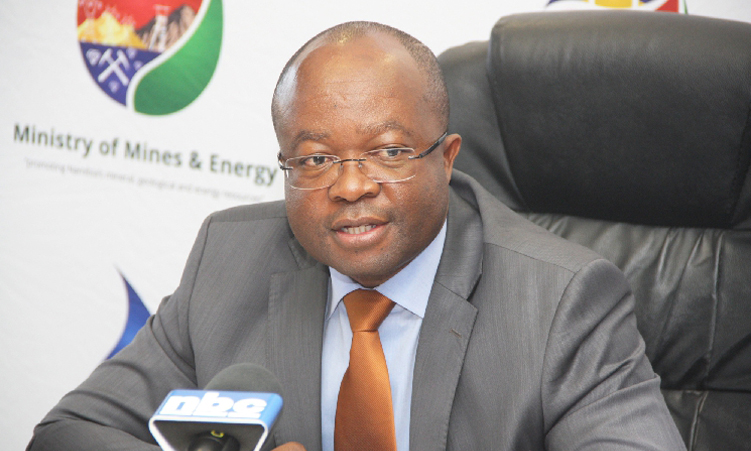
WHO IS WHO?
The Dâures Green Hydrogen project is a joint venture launched in 2022 as a preferred entity for experimental energy development.
It is led by Enersense Energy Namibia and was co-founded in 2021 by Martin Nambundunga and Anastacia Imbili, a granddaughter of founding president Sam Nujoma.
Imbili resigned in July 2022, a month before Enersense was selected as a preferred bidder, transferring ownership to businessman Elton Katangolo, who is reportedly close to a senior Swapo figure and already a beneficiary of a NamPower solar deal.
Enersense consultant Panashe Daringo, who is linked to Green Hydrogen Council chairperson Obeth Kandjoze, oversees advisory support through his firm Mondjila, which also aids the Dâures consortium.
Namibian Sun in 2021 reported that Mnyupe and Daringo are friends.
Daringo is described by industry insiders as one of the biggest beneficiaries of green hydrogen consultancy contracts.
He insists that his relationship with Mnyupe is “professional”.
Daringo said his company, Mondjila Project Advisory and Management, provides the Dâures Green Hydrogen Consortium with advisory and project management support, “as we do with all our 200 more project sponsors, stakeholders and projects”.
– This story was produced by The Namibian’s investigative unit. Send us story tip-offs via your secure email to investigations@namibian.com.na

